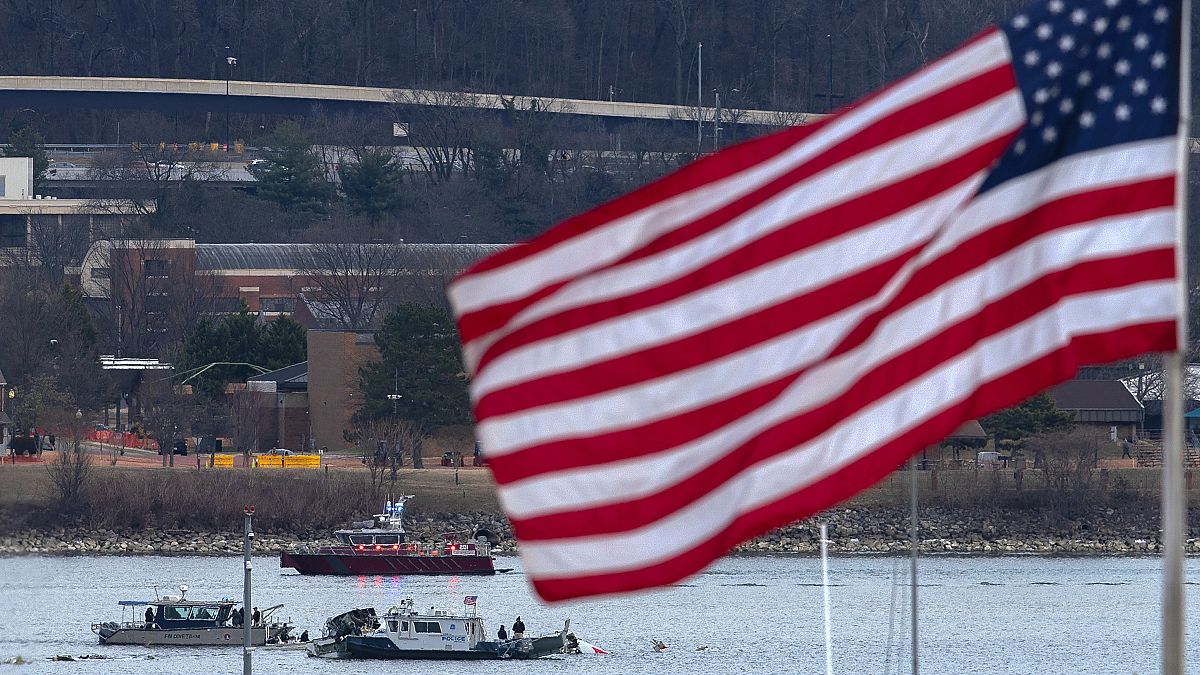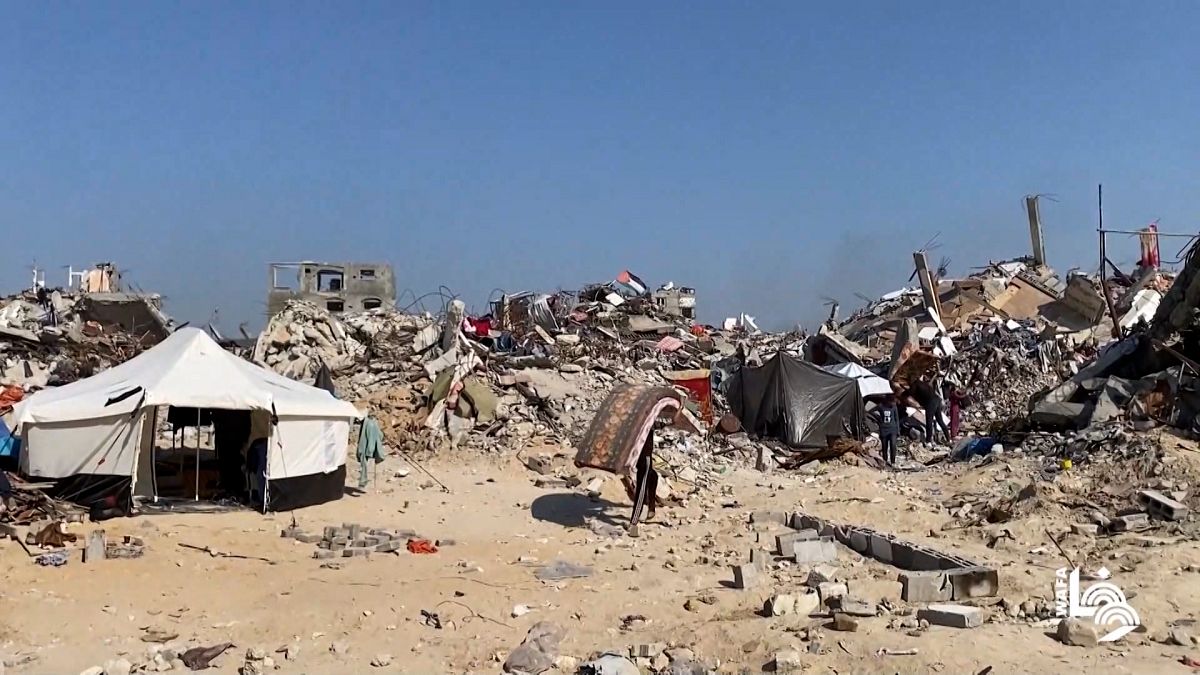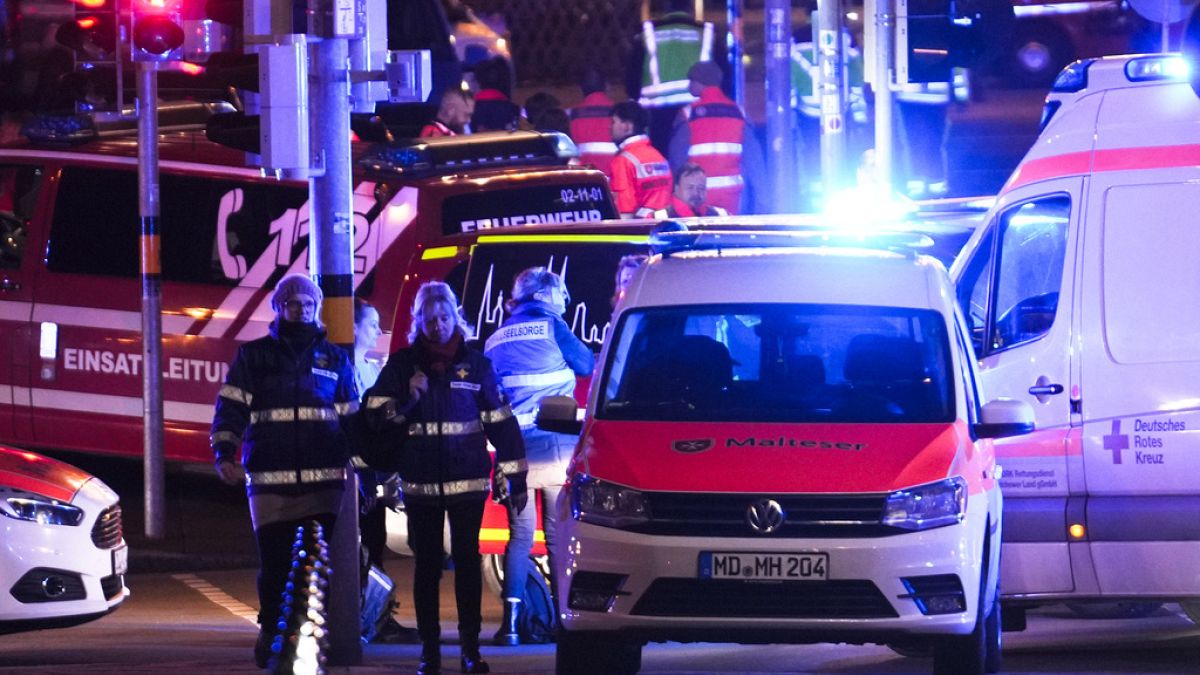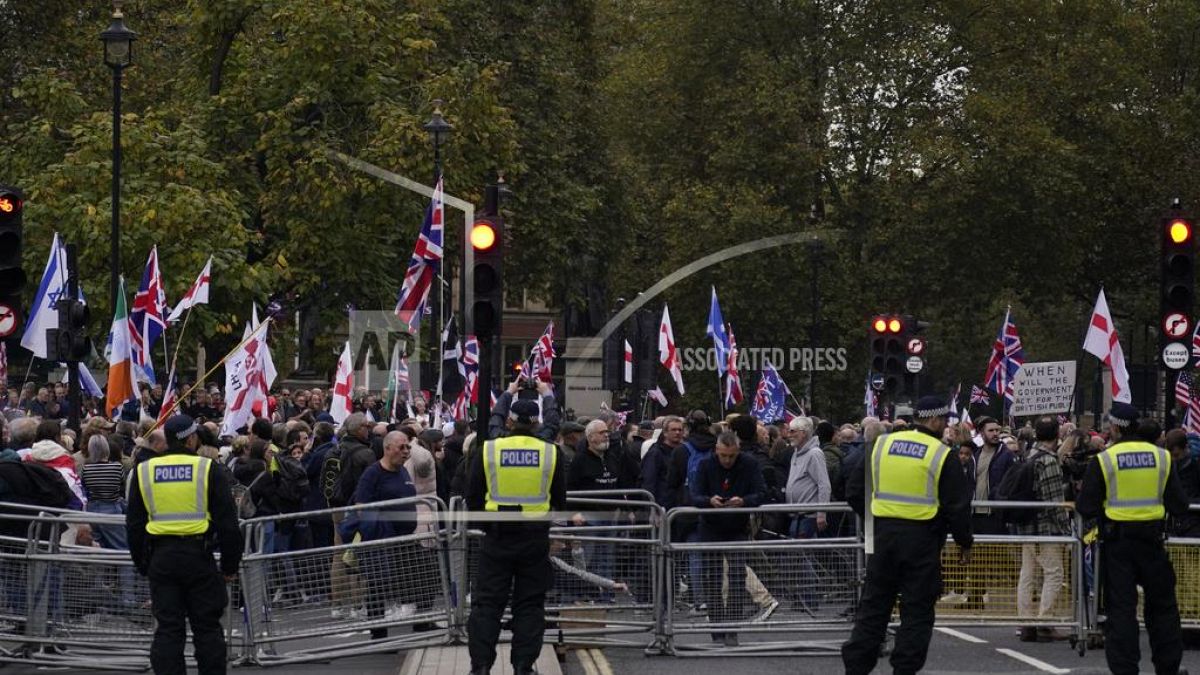Spanish flood outrage exposes political divide, distrust of ruling class
With hundreds dead and Spaniards turning on their leaders, parallels are being drawn with the 2004 Madrid train bombings.
MADRID — The devastating floods that hit eastern Spain last week not only inflicted enormous human and material damage — they also laid bare the country’s deep polarization and further eroded the public’s already shaky trust in their political leaders.
The weather event claimed over 200 lives and left dozens more missing; its aftermath left many Valencians without electricity, drinking water or phone signals.
Public frustration at the perceived failure of the authorities to manage the crisis erupted on Sunday. King Felipe VI, Queen Letizia, Prime Minister Pedro Sánchez and Valencia Region President Carlos Mazón were jostled, pelted with mud and called “murderers” by residents of Paiporta, the town worst affected by the floods.
Ever since the Covid pandemic, “Spaniards have continued to identify politicians as the country’s main problem, above unemployment, the independence of Catalonia, corruption or anything else,” said Paco Camas, head of public opinion in Spain for polling firm Ipsos. “That helps explain that reaction by people toward their leaders [in Paiporta].”
Those affected by the floods have two main grievances — that they were not given enough warning by the regional government before the weather event hit, even though information was available from the AEMET national meteorological agency; and that the response to the tragedy has been slow and perfunctory, with volunteers having to pick up the slack when rescue workers and the military have not been visible on the ground.
The perceived deficiencies have attracted scrutiny of Spain’s system of crisis alerts and of its territorial model. (The country consists of 17 regions, with varying degrees of autonomy from the central government.)
Lola García, a political commentator at La Vanguardia newspaper, compared Spain’s response to the 2021 floods in Germany, a country that also has a decentralized regional structure.
“Political decentralization in [the German] case is [based on] a collaborative premise, with … a minimum of institutional loyalty, which here has been disappearing at an alarming rate,” she said.
Many commentators are comparing the public reaction to the flooding crisis to “11-M”, the Madrid train bombings of 2004, which saw a backlash against the conservative Popular Party (PP) administration after it misled voters over who was responsible for the attack. The outcry led to the party’s being voted out of office.
In this case, however, the political situation is more complex. As the scenes in Paiporta showed, both the PP-led regional government and the Socialist-led central government are being blamed for mishandling matters.

Mazón and Sánchez put on a show of unity after the disaster struck, with the regional president thanking the prime minister “for coming so soon” and for remaining in close contact. The two main parties have seldom shown such unity in recent years.
On the same day, however, PP national leader Alberto Núñez Feijóo questioned information provided by AEMET and suggested that the central government, which he accused of failing to keep his party informed of events, was to blame.
“I wouldn’t ask the central government for more cooperation, I would ask it for any cooperation,” he said.
As the short-lived political unity appeared to break down, the king appealed in a televised statement for “administrations and institutions” to pull together.
Mazón has since followed Feijóo’s lead and blamed the hydrographic agency, CHJ, which is supervised by the central government, for failing to issue alerts — something it has denied having the power to do. The political rancor is a throwback to the pandemic, which was accompanied by a blame-game between the PP and the Socialists.
However, the physical nature of Sunday’s events contrasts with the mainly verbal and virtual vitriol that Spain saw earlier during the pandemic. A labor union linked to the far-right Vox party has offered to provide legal aid to individuals who attacked Sánchez’s official car in Paiporta before he was led away by his security detail.
The government has said it believes that extremist elements were involved in Sunday’s unrest. Spanish media published a WhatsApp post by one of the alleged assailants, a member of the far-right Revuelta group, which read: “I don’t know what happened, but [Sánchez] got out of our zone alive.”
“Spain is a very polarized country,” said Camas, of Ipsos. “In particular there has been a rise in affective polarization, [which] directly damages social unity and … undermines trust in institutions.”
What's Your Reaction?



















































